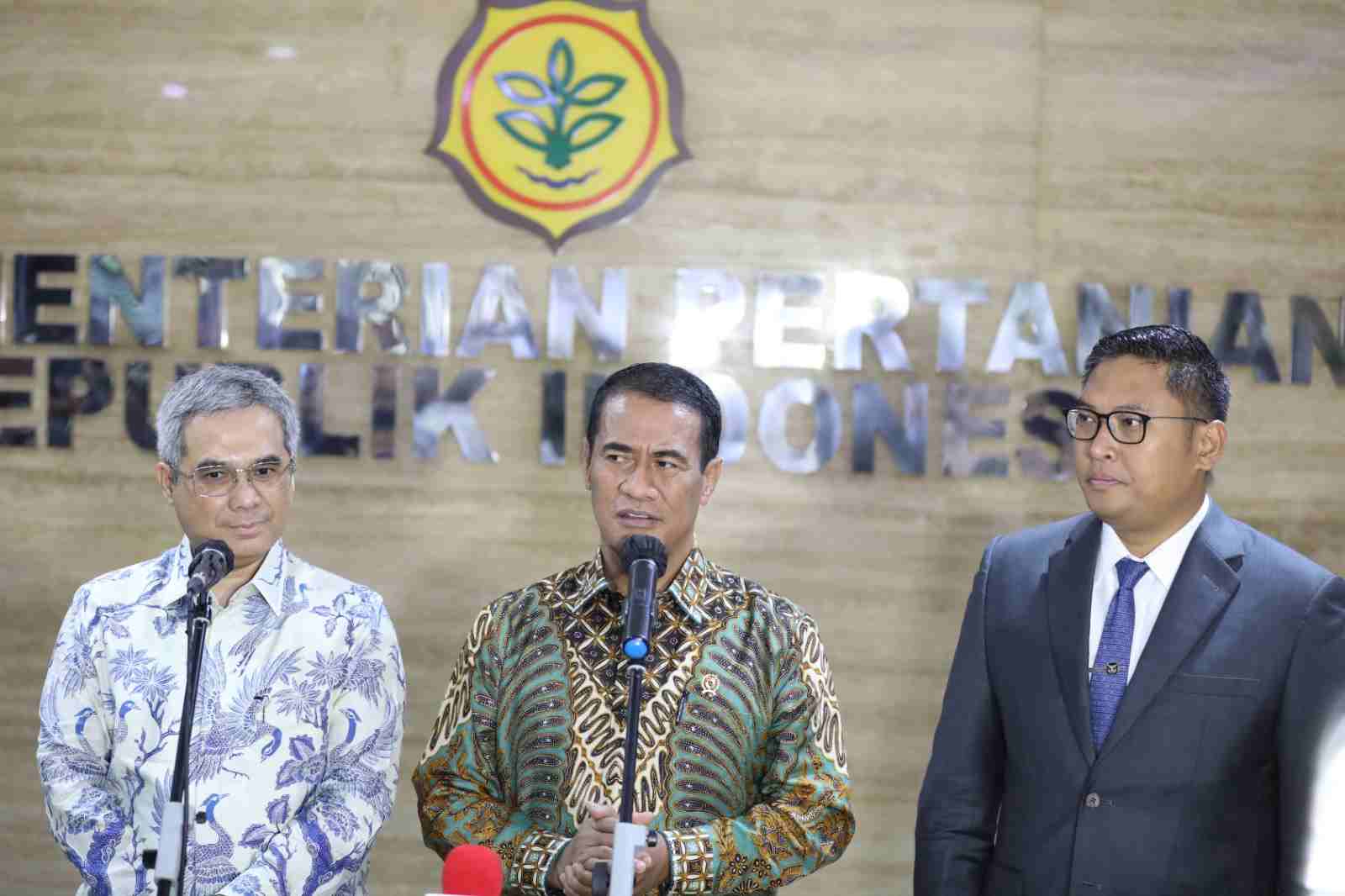B50 Biofuel Initiative: Indonesia’s Strategy to Slash Diesel Imports and Support Palm Oil Farmers
JAKARTA, RAKYAT NEWS— The Indonesian Minister of Agriculture, Andi Amran Sulaiman, announced that the biofuel industry is ready to support the B50 program, a key initiative by President-elect Prabowo Subianto.
The B50 program in Indonesia refers to a biodiesel initiative where 50% of the diesel fuel is made up of biofuel derived from palm oil. The program aims to reduce Indonesia’s dependency on fossil fuels, decrease greenhouse gas emissions, and support the domestic palm oil industry. This is part of Indonesia’s broader strategy to increase the use of renewable energy and support sustainable energy practices.
“Companies are now prepared. Following the directions of President Joko Widodo and President-elect Prabowo Subianto, we aim to achieve B50,” Amran stated in Jakarta
Amran explained that the Indonesian government has been preparing the biofuel industry to support the B50 program, which aims to increase the use of biofuel to 50% of total diesel consumption.
“This preparation has been ongoing, involving companies that will play a crucial role in meeting the B50 target set by President Joko Widodo and President-elect Prabowo Subianto,” he added.
However, Amran did not specify the locations or areas of the industries set to support this program.
The B50 program aims to reduce Indonesia’s dependence on diesel imports by replacing it with biofuel derived from crude palm oil (CPO).
Currently, Indonesia produces 46 million tons of biofuel annually, with about 26 million tons exported globally. Meanwhile, the country imports around 5.3 million tons of diesel each year.
“Our current biofuel production is 46 million tons. We export 26 million. If we convert this because we import 5.3 million tons of diesel, what does it mean? It means that the world CPO price will rise, benefiting Indonesian farmers,” Amran stated.
He hopes the B50 program will not only reduce diesel imports but also increase CPO prices in the international market, benefiting Indonesian farmers, who are the largest CPO producers with a market share of 58-60%.
Amran emphasized Indonesia’s potential as a major global CPO supplier, assuring that this policy would not cause significant issues due to the country’s ample CPO supply.
“We have the world’s largest CPO raw material supply, 58-60%. We believe there will be no issues, God willing, it’s secure,” he said.
However, some experts stress the need to address issues in the upstream palm oil sector to ensure the sustainability of the biodiesel program.
Head of the Sustainability Division of the Indonesian Biofuel Producers Association (Aprobi), Rapolo Hutabarat, highlighted the importance of resolving upstream issues to ensure raw material availability.
“This issue must be addressed immediately, especially in the upstream sector. Many tasks need to be done here because it determines the availability of raw materials,” Hutabarat stated during a Focus Group Discussion themed “Biodiesel for the Nation.”
He noted that the sustainability of biofuel blending programs, such as B40 and potential increases to B45 or B50, heavily depends on upstream raw material availability.
Hutabarat expressed hope that the government would promptly resolve upstream sector issues to achieve Indonesia’s ambitious palm oil industry goals, including a 100 million ton CPO production target by 2045.
Secretary-General of the Indonesian Palm Oil Farmers Association (Apkasindo), Rino Afrino, called for improved productivity through upstream sector reforms. He cited challenges such as land legality, with approximately 3.4 million hectares of palm oil land designated as forest areas and at risk of being lost.
Additionally, the realization of the People’s Palm Oil Rejuvenation (PSR) program remains below 10% of the target, with only 390,000 hectares rejuvenated out of the 2.4 million hectares set. (Uki Ruknuddin)


























Tinggalkan Balasan